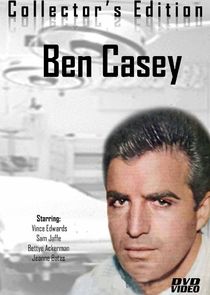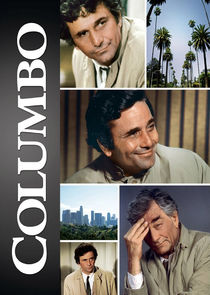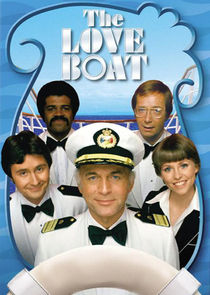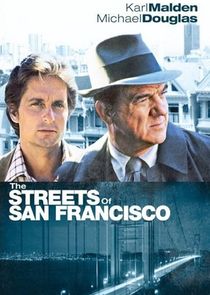From the idealistic High Lama in "Lost Horizon" (1937) to the noble Gunga Din, to the venerable Dr. Zorba in TV's "Ben Casey," Sam Jaffe has always been highly selective about the roles he plays. "I only want to do a part that means something, that has something to say," he affirms. "First of all, pornography is out. Recently, a script was sent to me; it was interesting, but there was one scene ... I couldn't be associated with it. I feel a responsibility to the people who see it. "You can still watch 'Lost Horizon' today, because it has something to tell you. I did other films that weren't so great, but they had something to say," contends Jaffe, who accepted the role of a weapons expert in the "Battle Beyond the Stars" because of the film's anti-war stand. Capping a busy year, Jaffe appeared in "Jayne Mansfield: An American Tragedy" as the late star's drama coach. He also appeared as the crusty Barnaby Bob in a recent episode of ABCs "Foul Play." The veteran actor is sympathetic with others who cannot afford to be as choosy as he. "Maybe sometimes an actor, to save his soul, has to pawn his body. It's very tough to get started. You must be convinced that that's what you want to do, and so you make sacrifices for it—something takes you by the scruff of the neck and says, 'This is it,' and you stick to it. An actor is a man against the world."
Jaffe, whose age varies according to the source, was in his 80s but refused to be more precise. "What does it matter how old I am? I don't feel my age," he says with a twinkle. "Anything else I can't tell you?" Jaffe graduated from City College of New York intended to become a scientist and mathematician. "Somehow or other it goes along, you can't explain it—it's a cumulative thing. My mother, Ada Jaffe, was in the Yiddish theater, and I used to visit her there," he recalls. "Shakespeare was a dominant force with me. It was inspirational. I felt I could express myself in the theater."
He made his debut with the Washington Square Players in 1915 as an understudy and later toured with a Shakespearean troupe. Among the plays he did in thor early years were "That's My Boy" with Jame Cagney, "Samson and Delilah" with Edward G. Robinson, and "Ruint" with a young John Huston in the lead—long before Hollywood bestowed overnight success on any of them.
He also appeared in "The Jazz Singer" with George Jessel, which ran for three years. "Jessel and I were supposed to do the film, but George asked for more money than they wanted to pay. That canceled us both out." "Grand Hotel," a hugely successful stage play, again brought him to the attention of movie producers. MGM decided to go with an all-star cast for the film version, and Jaffe lost out again. But when Josef von Sternberg was casting the mad Grand Duke Peter in "The Scarlet Empress" (1934), he saw Jaffe's "Grand Hotel" screen test and gave him the part. Among the films that followed were John Huston's "The Asphalt Jungle" (for which he won the Venice International Award for best actor), "The Day the Earth Stood Still" and "Ben Hur." During the spring of 1981, television audiences saw him in "Gideon's Trumpet" as Supreme Court Justice Felix Frankfurter; the role, for which he shaved his beard, was small but important. "I disagree with Stanislavsky (the Russian acting teacher) saying that there are small actors but no small parts. That isn't true," he declares. "There are small parts and there are better parts. But there are no small actors. The actor who plays a small part one day may have the potential of being a big star; it's a matter of opportunity. I've been very fortunate." Jaffe, who plays piano and writes music, is a discerning art lover. He collects only his friends. The walls of his Beverly Hills home are covered with canvases by Eddie Robinson, Zero Mostel, and his actress wife, Bettye. He is also a voracious reader. "An actor has to be aware of what's happening in the world," he contends. "We cannot know enough. Socrates said, "Knowledge is power.' And it is. Your power grows as your knowledge grows. When you stop growing, you're dead."
(adapted from an article by Jordan R. Young)






